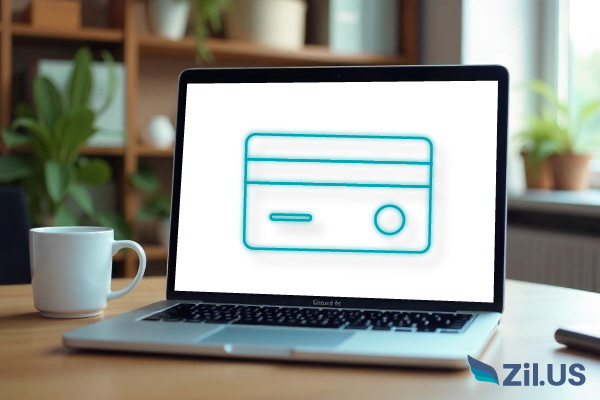Personal banking can be tricky to navigate. No, it’s not the process that’s being discussed here; that’s common knowledge, and instead, it’s the finer details. So, what does that mean? Well, the example below can help make things a little clearer:
Someone living in Fayetteville wants to open a new checking account. But how would they know what reliable personal banking in Fayetteville, GA, looks like? So, if you’re in a similar situation, you needn’t worry, as this article will explain it all. And let’s get right to it!
What Do You Need to Consider Before Opening an Account?
While some banking details are immediately apparent, others may be somewhat obtuse, and research can help a lot here. However, before even considering looking into things more closely, you must be sure about a few specific aspects. So, here are four of them:
- Minimum Threshold and Fees
Most accounts will require you to maintain a monthly minimum balance, and failing to do so may result in you paying a nominal fee. However, a low monthly threshold may not always be the right choice for you.
For example, if you tend to deposit five-figure amounts consistently, you could go for a slightly higher balance requirement. That will enable you to enjoy some of the perks associated with such accounts.
- Interest Rates
Some institutions providing personal banking in Fayetteville, GA, will offer interest rates on your current balance. And while it may not be a significant amount, it could add up gradually. Meanwhile, the actual percentage depends on the bank itself and may be subject to change at any given time.
So, what really matters is this: Most banking institutions calculate interest monthly, and the final amount is deposited at the end of the year. As such, essentially, opting for a high-balance checking account and then consistently maintaining it could be beneficial if the return rates are attractive.
- Types of Available Accounts
Conventionally, bank accounts are broadly categorized based on the purpose they serve, such as savings, salary deposits, etc. However, another way to classify them is to examine the offered benefits and features.
Based on that, you can choose from standard and premium accounts. And while both of them share similarities, there are some crucial differences.
For instance, some standard accounts will have provisions that protect you from over-drafting by covering the excess amount. On the other hand, premium variants will offer services that people would usually have to pay additional fees for, including:
- Free personal and official checks.
- Transferals to third parties or other account types.
- Waived fees on transactions.
A simple rule is to examine your needs and select the feature accordingly. So, say you want something for regular transactions. In that case, a premium account will serve you better than a standard variant.
- Local vs. National
Financial institutions that offer personal banking in Fayetteville, GA, differ from each other significantly. In short, you will have to choose between a local, community-based bank or a national branch, and your decision here is crucial.
While prominent banks may seem appealing initially, you’ll rarely get financial advice from such places. As such, managing your account and any investments will be entirely up to you. Conversely, local institutions will take a more personal approach and may offer financial guidance based on how long you’ve been a customer.
Mastering Personal Banking
The trick to navigating personal banking is to evaluate what matters the most to you. And whatever that is, there’s a high chance that a local bank offers what you want.
Some other factors you’d need to consider are the number of available branches and if non-network ATM withdrawals have fees attached to them. Those things matter more than the sign-up bonus most prominent banks offer now.












